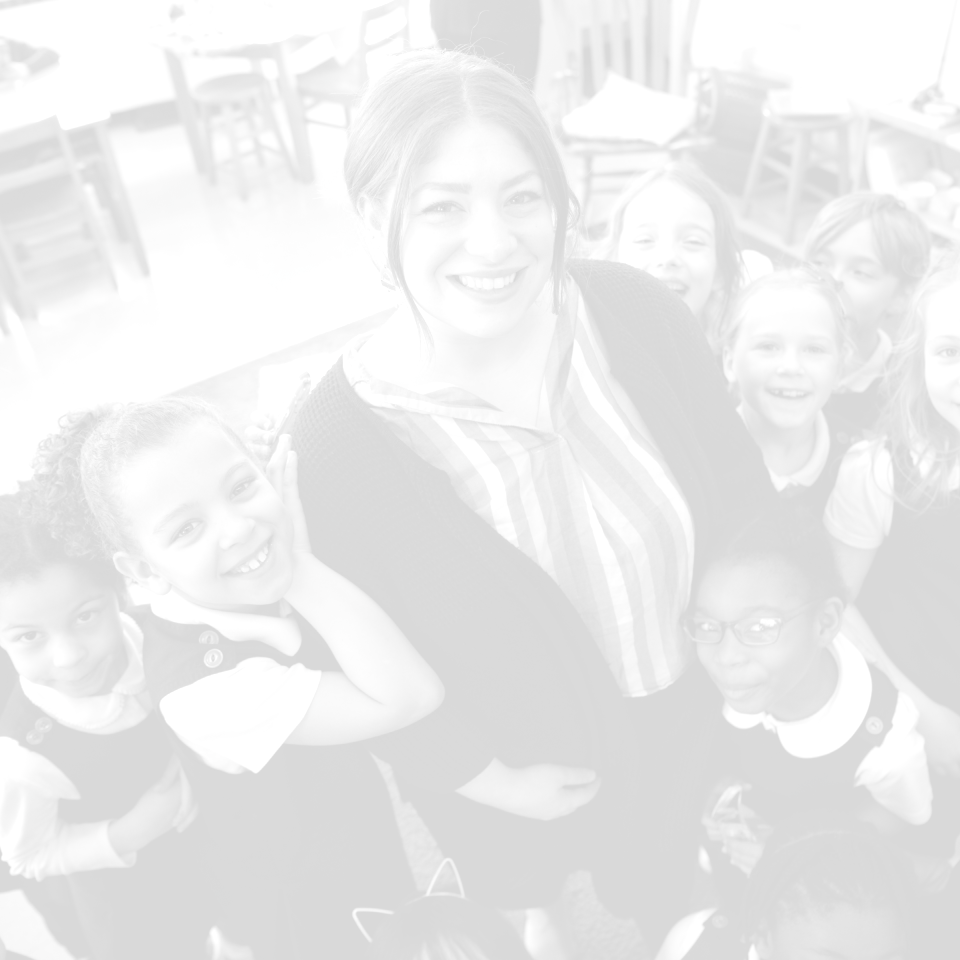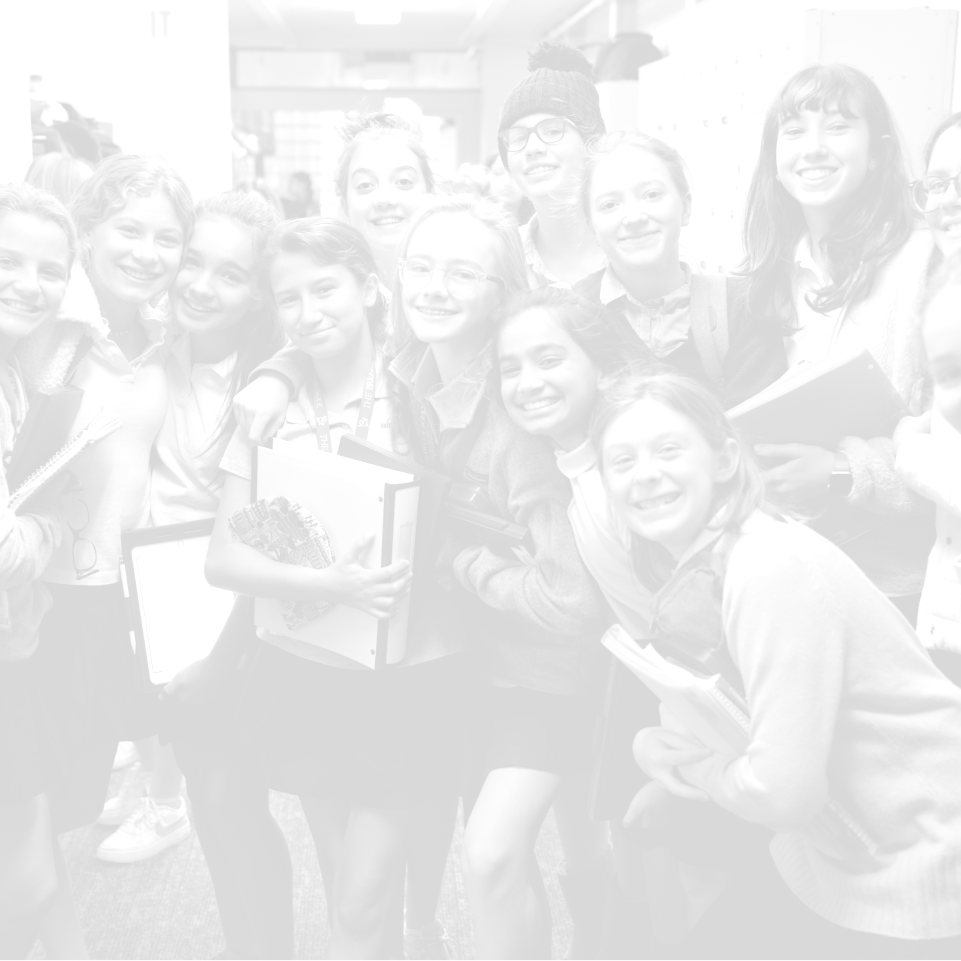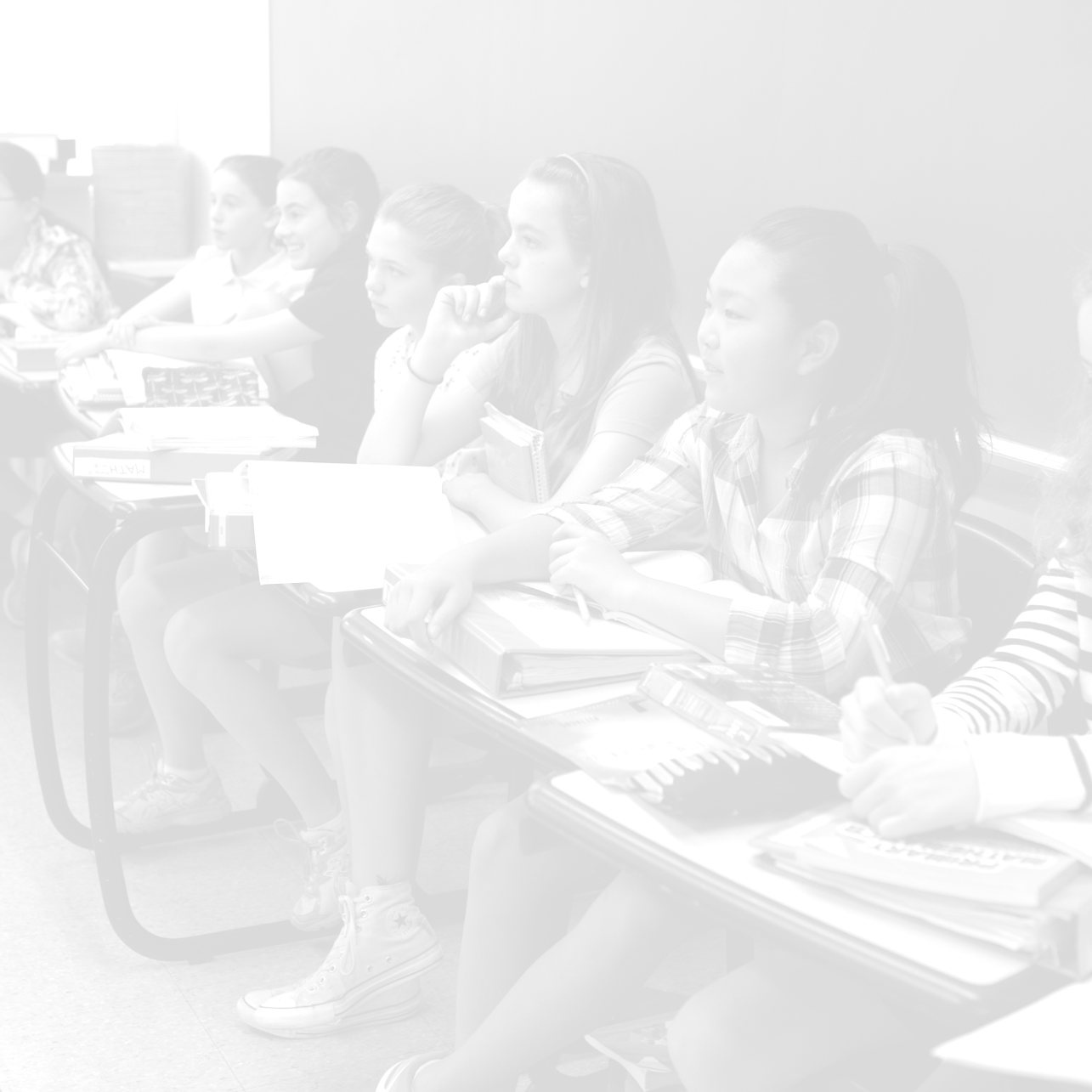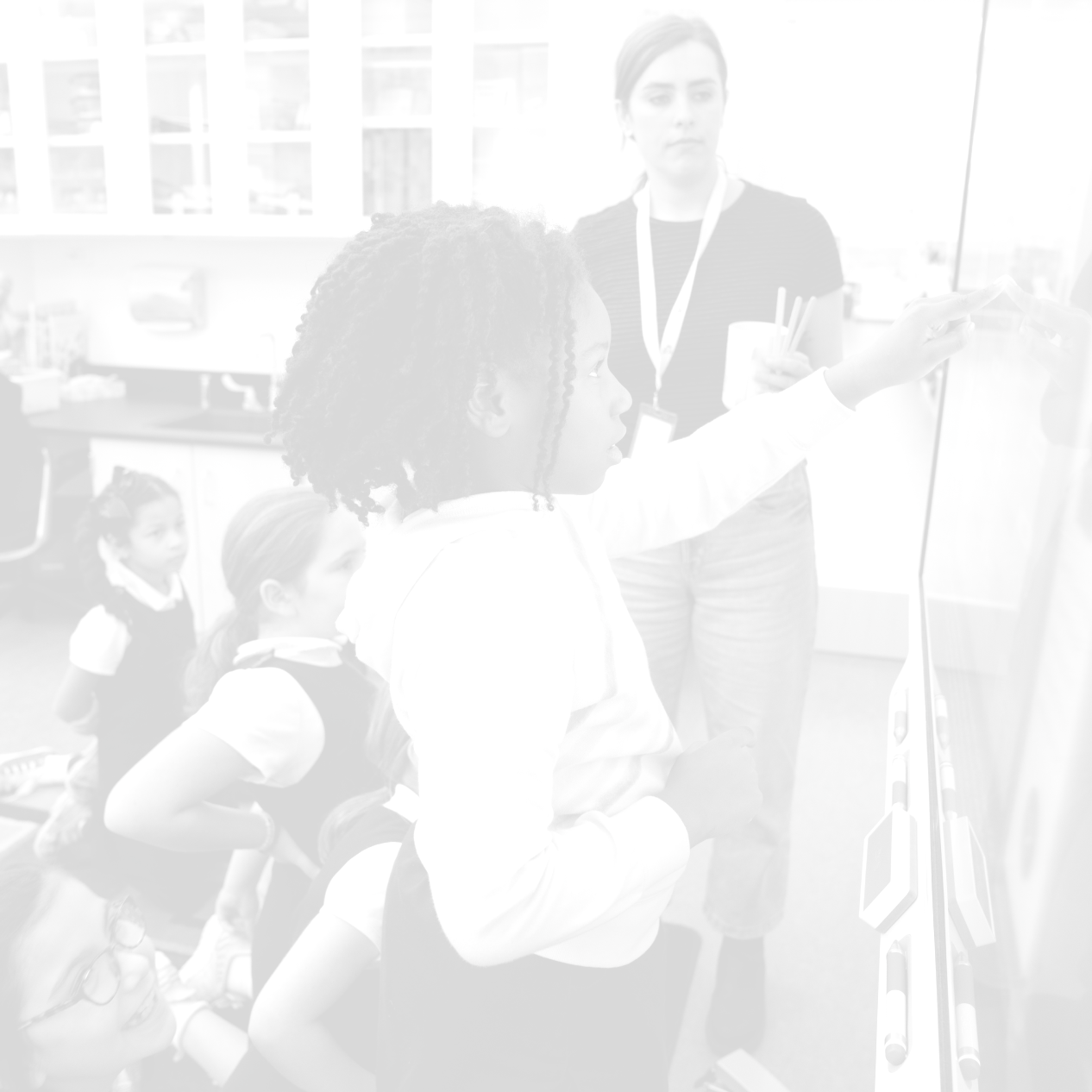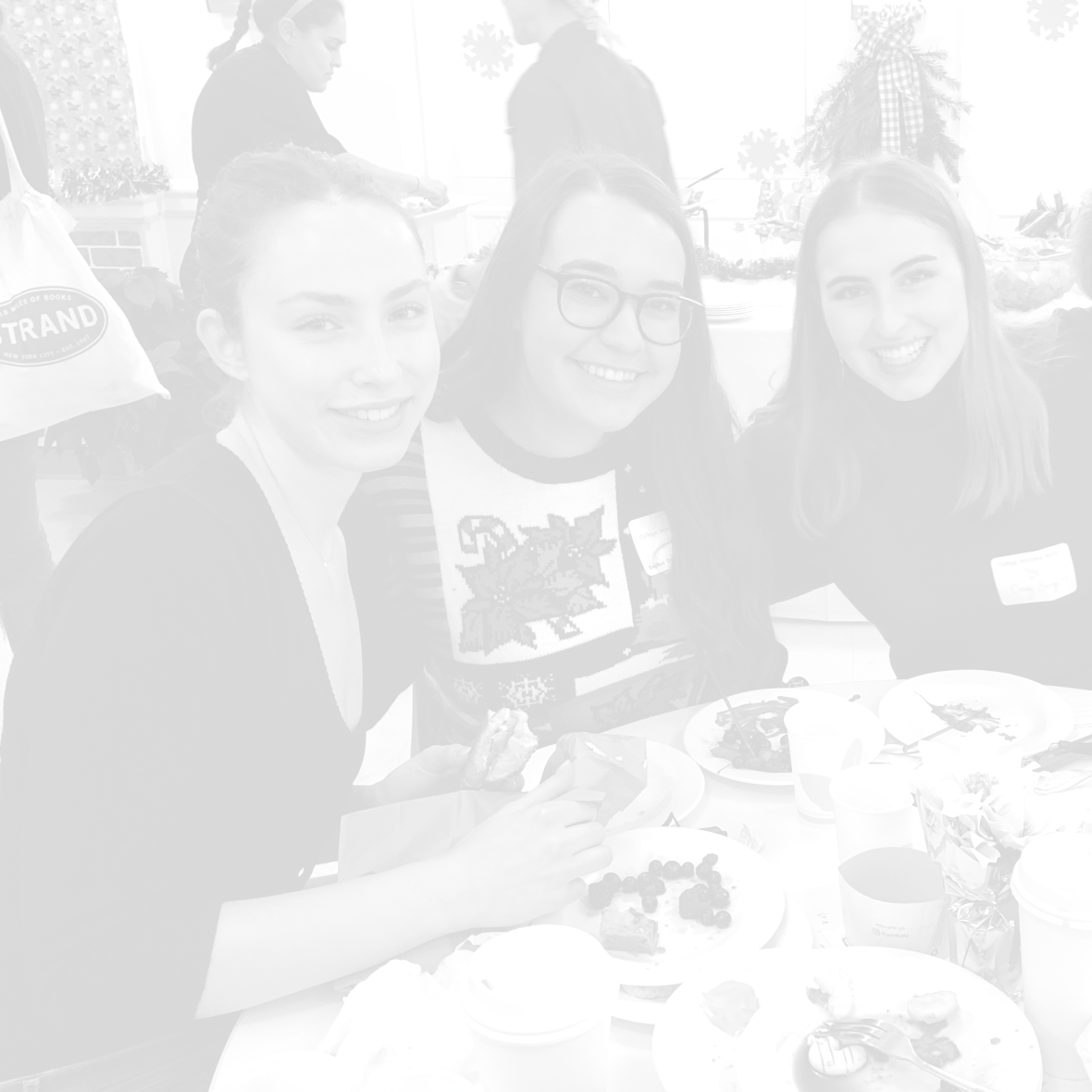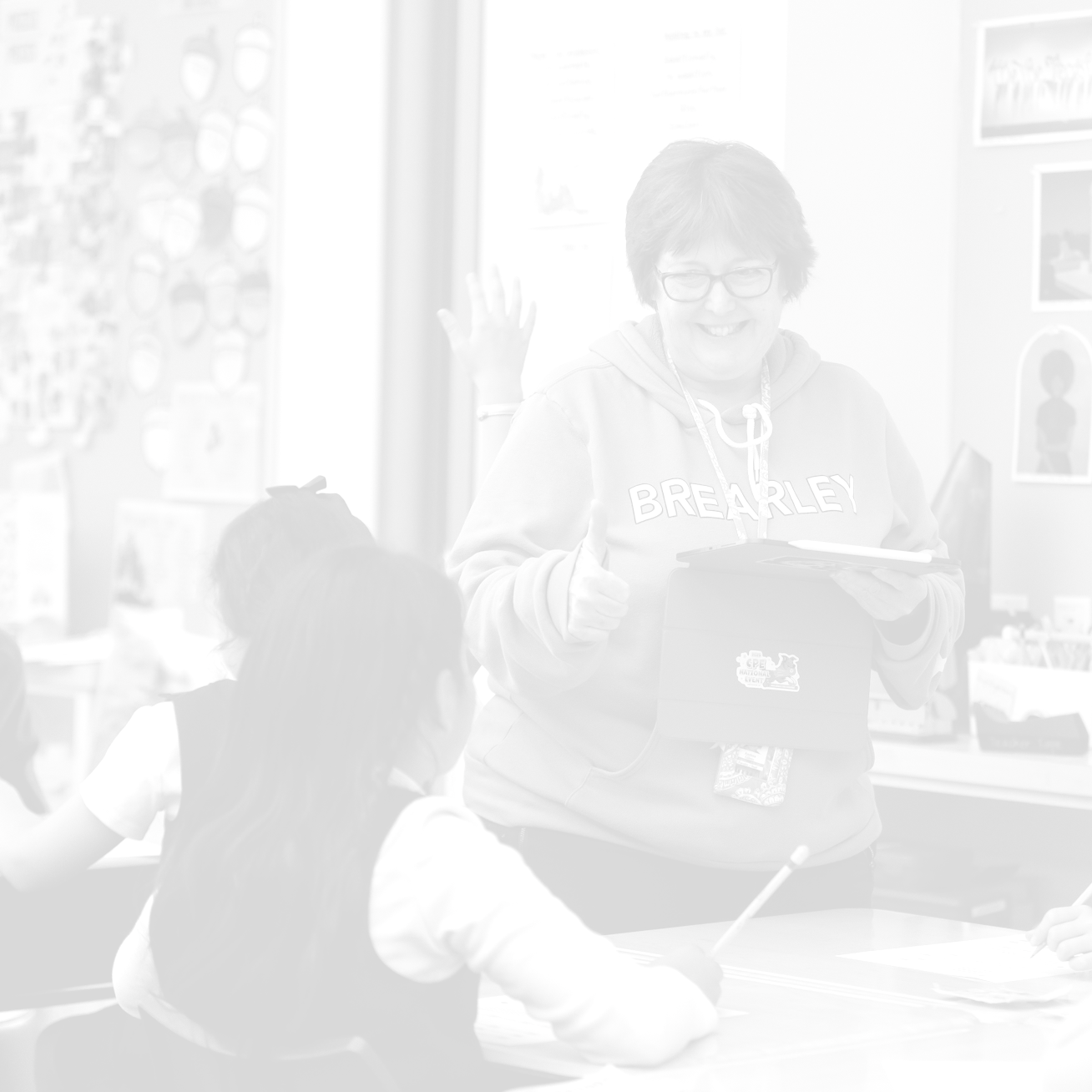Class XI English Electives
HOME AND MEMORY (Fall): Our readings are Zamora’s Unaccompanied; Walcott’s White Egrets; and Castillo, Joseph, and Lin’s Here to Stay: Poetry and Prose from the Undocumented Diaspora. Poets from countries ravaged by colonialism and imperialism often reckon with the exile that empire effects. In this elective, we will examine how both these poets invoke memory, nature, and family to write their way back home.
SPECULATING ABOUT THE PAST (Spring): We will explore that which is birthed in the absence of recollection, that which disruptively manifests in gaping wounds inflicted by a dearth of retention, the past’s spectres that remain irrepressibly present, and the detriments—on a macro and micro scale—of censorship, sequestering knowledge, and of ignorance of the past which is always present and serves as prologue of the future. Our books are The Joy Luck Club by Amy Tan and Ghostroots by Pemi Aguda.
“LOVE IS NOT LOVE”—KEATS, BISHOP, RICH, AND BROWN (Fall): poets delight in paradox, and the subject of love lends itself to multiplying paradoxes. In this course, we read four poets from different personal and social contexts—John Keats (1795–1821), Elizabeth Bishop (1911–1979), Adrienne Rich (1929–2012), and Jericho Brown (1976–) —for their original approaches to the topic of romantic love. There are opportunities for both creative and critical writing.
THREE SHORT STORY WRITERS: LAHIRI, YAMAMOTO, AND MUNRO (Spring): by examining closely the work of Jhumpa Lahiri (The Interpreter of Maladies), Hisaye Yamamoto (Seventeen Syllables) and Alice Munro (Hateship, Friendship, Courtship, Loveship, Marriage), we discover the uses and the beauties of the short story form in diagnosing the maladies of the modern condition.
ECOPOETRY (Fall): ecopoetry generally refers to poetry about ecology, ecosystems, animals, agriculture, climate change, water, food, and the like. Now it also includes crises, catastrophe, and apocalypse. In this elective, we will read a range of ecopoetry—poetry in which metaphors abound, as generators of that which is uneasily perceived, and forms range from the oppressively rigid to the wildly experimental. Class time will be spent in regular, albeit intense, close reading of the poetics, occasional flourishes into abstraction, and communal reflection on what can be done. At the very least, we will read poetry by William Wordsworth (1770–1850), John Ashbery (1927–2017), and Louise Erdrich (b. 1954).
PARADISE LOST (Spring): In this elective, we will read John Milton’s Paradise Lost, among the greatest long poems in English and the most revered classical epic in the modern world. Milton, like the prophets and poets of legend, went totally blind at the age of 40 and composed Paradise Lost by reciting verses to anyone available to take them down. The questions in the poem persist, however, on account of their immense and unimaginable vision, their enduring modernity, and timelessness.
THE SELF AND OTHERS: RITA DOVE, ADA LIMÓN, AND NATASHA TRETHEWEY (Fall): Who are we when we are in a couple? When we cannot have a child? When we mourn someone dear to us? This course focuses on poets who explore how we define ourselves in terms of our relationships with others—whether present or absent, whether individual or collective.
CITIZENS, STRANGERS, ENEMIES (Spring): In the preface to his memoir Survival at Auschwitz, Primo Levi writes: “Many People—many nations—can find themselves holding, more or less wittingly, that ‘every stranger is an enemy.’” This course will examine two narratives about specific groups of citizens during World War II who came to be regarded as strangers and treated as enemies by whole populations and governments. It will also consider the bureaucratic state’s effort to isolate and divide people as a mechanism of gaining and wielding power. With courage and striking narrative ingenuity, Levi and Julie Ostuka in her novel, When the Emperor was Divine, share with us experiences of mass persecution because of religion and race. These works about historical moments compel us to think about the treatment of those considered “other” by totalitarian regimes in the past and present.
POETRY AND THE MODERN ERA (Fall): In the early years of the twentieth century, many poets experimented with radically new verse forms in order to represent and grapple with shifting worldviews. War, religious doubt, political upheaval, inequity, and industrialization all contributed to an era characterized by uncertainty and resistance. Marianne Moore (1887–1972), Langston Hughes (1902–1967), and Muriel Rukeyser (1913–1980), brilliant poets in their own right, offer insights into how poetry can help us better understand and respond to the larger social forces of their—and our—time.
MONSTERS AND US (Spring): Monsters fascinate and terrify us. In her novel Frankenstein, Mary Shelley depicted a scientist who creates life—and then must face the consequences of doing so, as his “monster” demonstrates a humanity, love, and need for companionship far beyond his expectations or understanding. In Franz Kafka’s novella Metamorphosis, a person suddenly, inexplicably, transforms into a giant insect. In Isaac Bashevis Singer’s novella The Golem, a being is created from clay to rescue a man unjustly charged with a crime. In these texts, the concept of the monster, or the monstrous, helps us grapple with all that is unknowable and uncertain about human society, from new technologies to large-scale cultural changes to questions of fairness and equity. Encountering monsters helps us, or forces us, to encounter ourselves.
